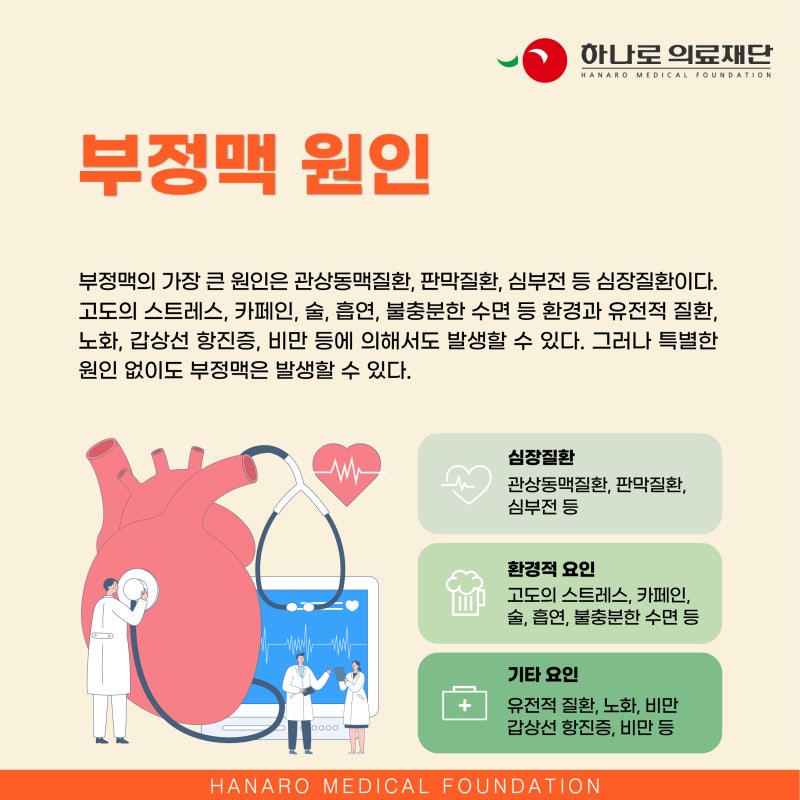#heartbeat #bradycardia #tachycardia #arrhythmia #today’s medical
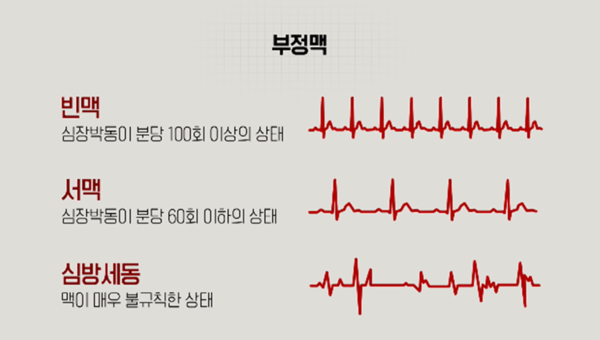
The heart beats more than 100,000 times a day and sends blood throughout the body.The normal heart rate is about 50 to 100 times per minute, and it becomes faster than usual when exercising with the body such as running.However, if you don’t exercise and your pulse suddenly speeds up, you need to suspect arrhythmia.
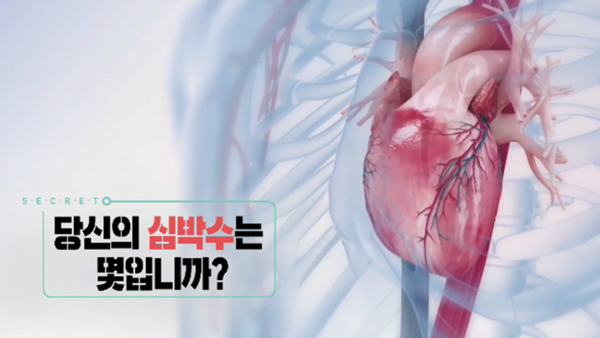
Arrhythmia is the cause if the pulse speeds up or runs slower without any activity.More than 90% of the heart is composed of ventricular muscles and atrial components, and the rest are stimulation conduction systems.When electrical stimulation is formed in the stimulation conduction system and delivered to the heart muscles, the heart beats and supplies blood.If electrical stimulation occurs first in other areas or abnormalities occur in the conduction system, arrhythmia occurs that does not contract regularly and jumps irregularly.
Arrhythmia refers to an irregular heart rate due to the lack of normal heart rate.Arrhythmia can occur in mental tension, coffee, smoking, exercise, excessive drinking, drugs and excitement even if there is no specific cause.It is also caused by lung disease, anemia, and thyroid disease.Arrhythmia is divided into bradycardia that runs less than 50 times per minute due to slow pulse and tachycardia that runs more than 100 times per minute.Bradycardia and tachycardia are signals that signal heart disease and can cause heart attack.
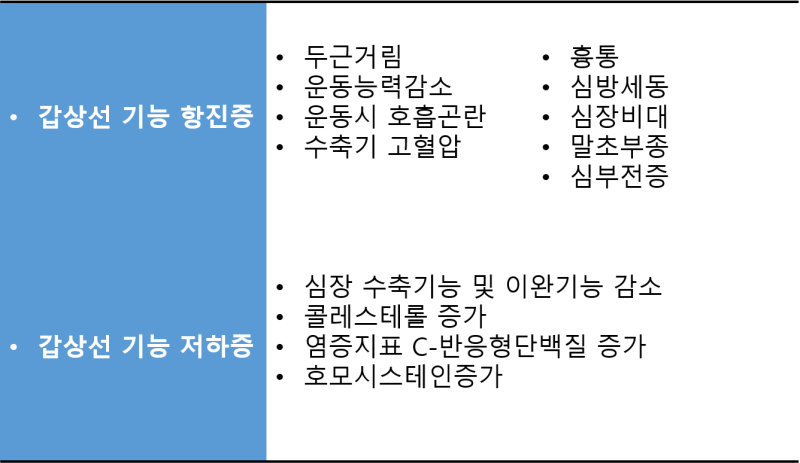
Tachycardia usually occurs when there is a problem in the ventricle that sends blood to the whole body.If there is an abnormality in blood circulation, the heart moves busily to compensate for it, which speeds up the pulse.People with tachycardia are accompanied by symptoms of heavy chest, palpitations, and dizziness.Bradycardia also occurs when blood circulation is not normal.It can occur if you take high blood pressure drugs that slow your pulse mainly due to heart aging.People with bradycardia often feel tired and dizzy.

Tachycardia and bradycardia treatments are different, so they should be treated in a way suitable for the symptoms.To prevent arrhythmia, it is recommended to reduce caffeine intake such as alcohol and cigarettes.Stress needs to be relieved in an appropriate way and weight control through aerobic exercise.When exercising, you should start with a weak intensity and gradually increase the intensity so that it does not strain your heart.Continuous management is needed to prevent recurrence if arrhythmia is being treated.

Tachycardia and bradycardia treatments are different, so they should be treated in a way suitable for the symptoms.To prevent arrhythmia, it is recommended to reduce caffeine intake such as alcohol and cigarettes.Stress needs to be relieved in an appropriate way and weight control through aerobic exercise.When exercising, you should start with a weak intensity and gradually increase the intensity so that it does not strain your heart.Continuous management is needed to prevent recurrence if arrhythmia is being treated.
Tachycardia and bradycardia treatments are different, so they should be treated in a way suitable for the symptoms.To prevent arrhythmia, it is recommended to reduce caffeine intake such as alcohol and cigarettes.Stress needs to be relieved in an appropriate way and weight control through aerobic exercise.When exercising, you should start with a weak intensity and gradually increase the intensity so that it does not strain your heart.Continuous management is needed to prevent recurrence if arrhythmia is being treated.
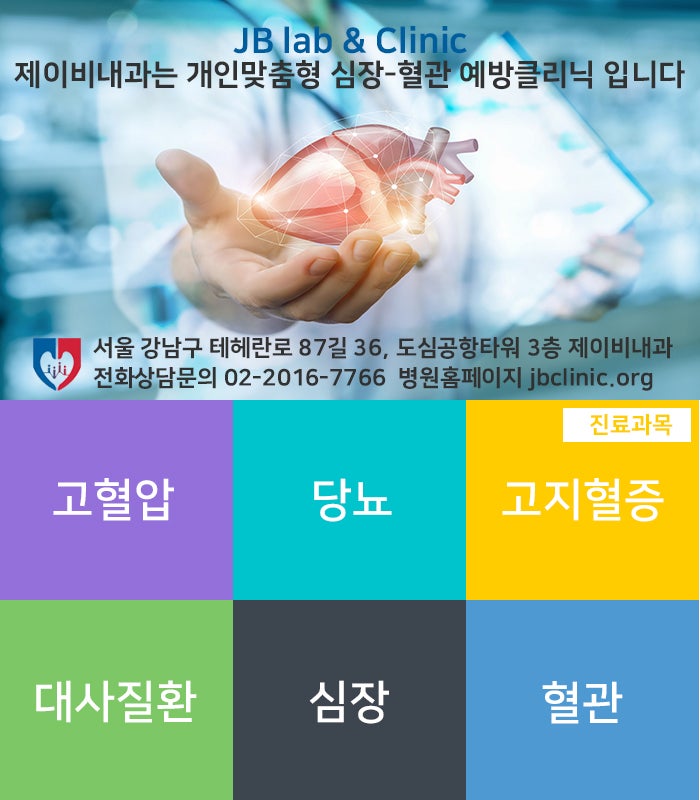
Previous Image Next Image
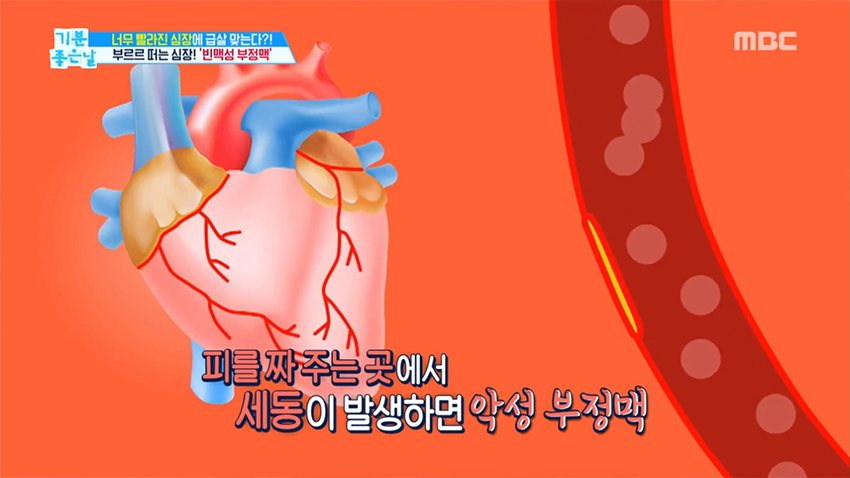
Previous Image Next Image


